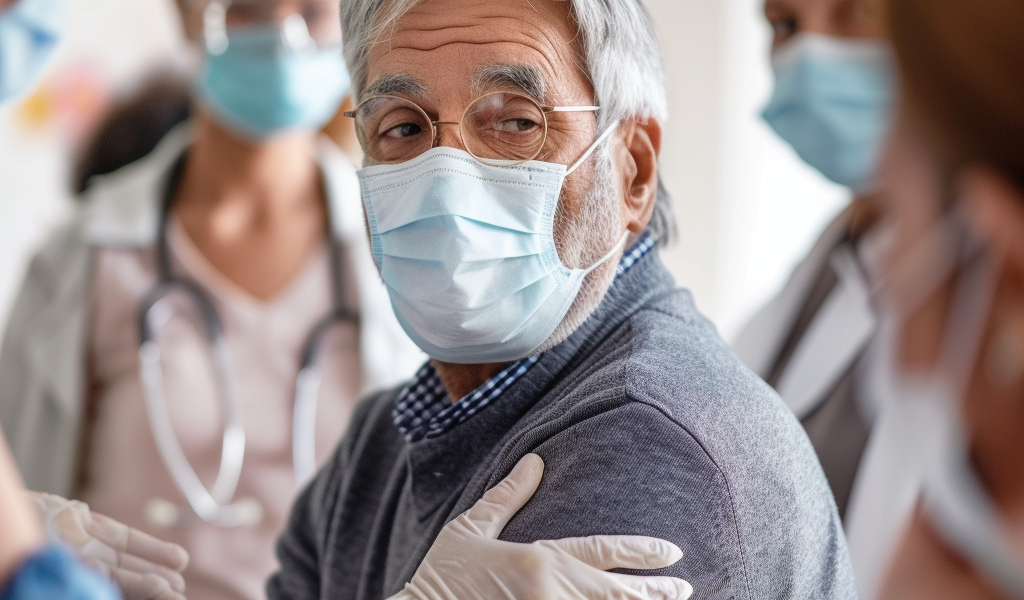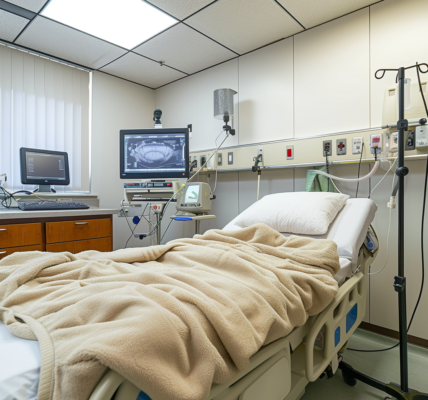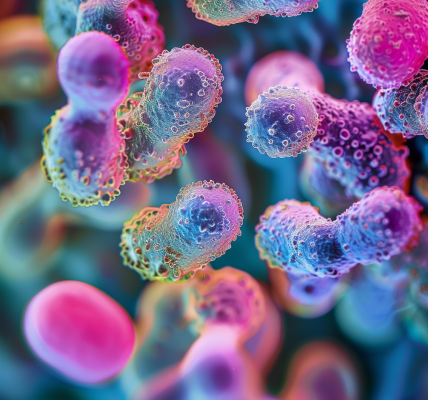Challenges and Potential Preventive Measures for the Immunocompromised Community During COVID-19
The COVID-19 pandemic has presented unique challenges for the immunocompromised community, who are struggling to find effective protection against the virus. With the withdrawal of monoclonal antibody treatments from the market, this vulnerable group is facing a shortage of resources to safeguard themselves. In light of this, many are turning to supplements, vitamins, and other products in the hope of strengthening their resilience against COVID-19.
Among the commonly studied supplements are vitamin C, vitamin D, zinc, copper, iron, N-acetylcysteine, and quercetin. However, the evidence regarding their effectiveness is inconclusive due to confounding variables and the limitations of well-designed clinical trials.
In addition to supplements, products like nitric oxide nose sprays and CPC mouthwashes have been considered as potential preventive measures, but the evidence supporting their effectiveness is limited. Furthermore, the use of metformin, a medication typically used to treat type 2 diabetes, has been explored for its potential benefits in preventing long COVID, but more research is needed to fully understand its effectiveness and safety in this context.
Despite the potential of antiviral drugs in preventing the progression from mild-to-moderate disease to severe illness in COVID-19, their utilization remains remarkably low in the general adult population. Reasons for this include symptom duration exceeding five days before treatment, potential drug interactions, lack of symptoms, and a general lack of explanation for the absence of treatment. Recognizing the value of antiviral drugs in preventing severe disease outcomes is crucial, particularly for patients with comorbidities.
Furthermore, the COVID-19 pandemic has led to the development of severe multidrug-resistant bacterial infections. To combat this growing threat, the rational use of antibiotics, strict infection control procedures, and the development of new antibacterial agents and vaccines are necessary.
Amidst these challenges, the importance of standard precautions and vaccination cannot be overstated. Despite the uncertainties and limitations surrounding potential preventive measures, it is crucial for the immunocompromised community to prioritize standard precautions and vaccination to protect themselves against COVID-19.





